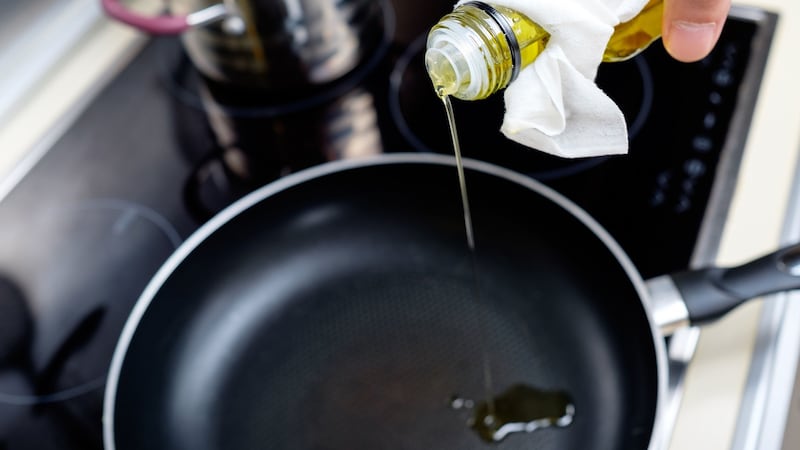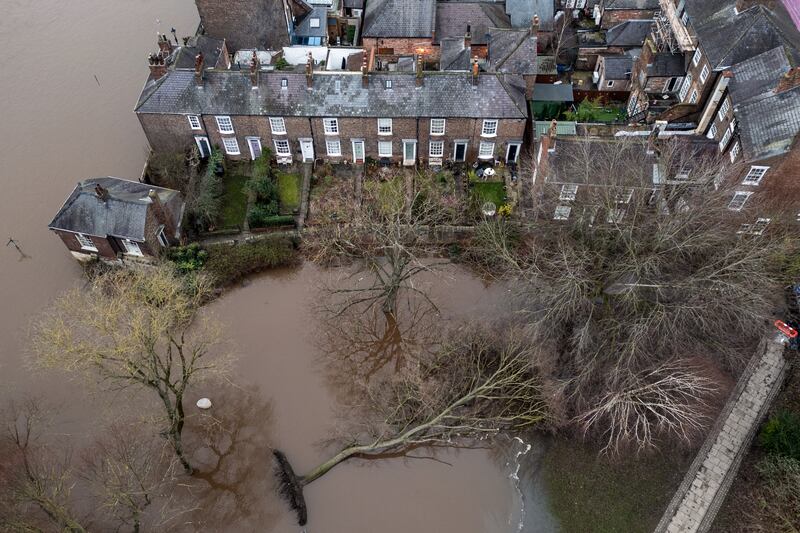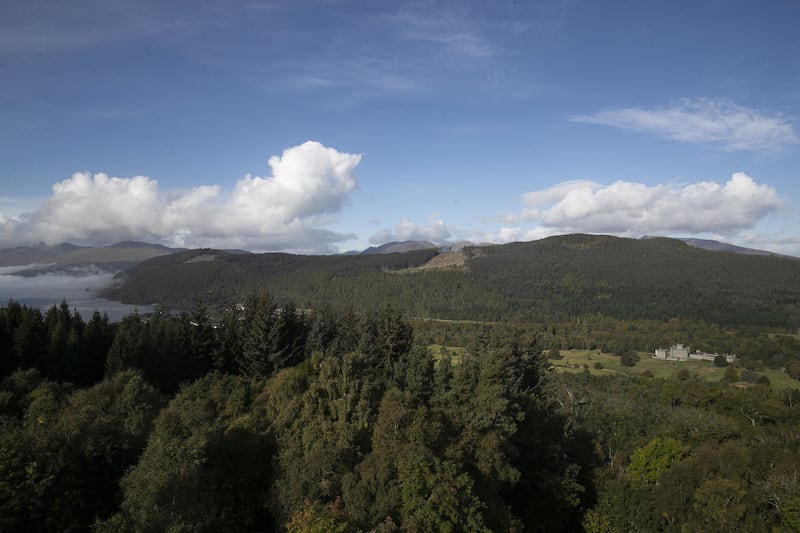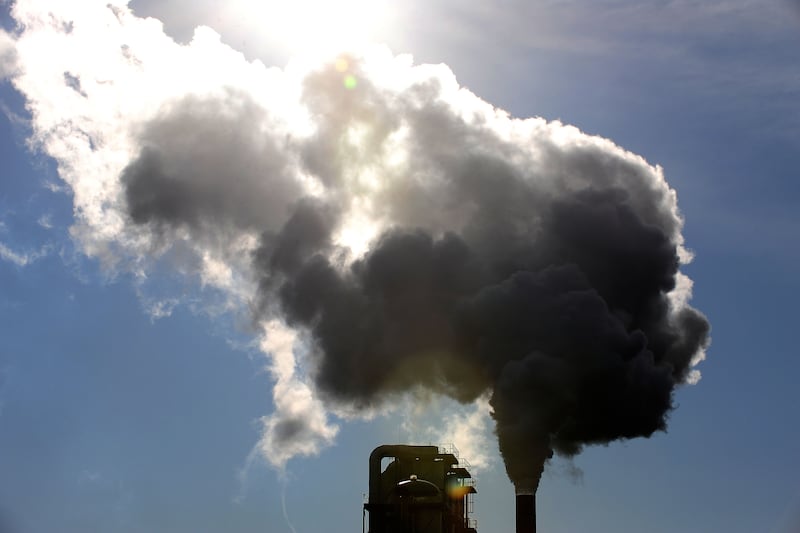Chemicals present in cooking oil could help with global warming, new research suggests.
Scientists say they have, for the first time, demonstrated how fatty acid molecules released during cooking can combine with aerosols in the atmosphere to form complex 3D structures.
These structures can then linger long enough in the atmosphere to form clouds that could help cool the planet.
Aerosols are tiny particles suspended in the atmosphere which have been linked to climate change.
They exist in both solid and liquid form and are made up of dust, soot and chemicals released during volcanic eruptions.
Scientists have known for some time that emissions from deep fat fryers and other cooking oils can form a coat around aerosol particles in the atmosphere.
But this is the first time they looked closely at the molecules inside the aerosol droplets.
Study co-author Dr Christian Pfrang, from the University of Reading, said: “The full impact of the surprisingly complex molecular arrangements of these fatty acid molecules in the environment is hard to quantify at this stage since these structures have not previously been considered by the atmospheric science community: there is no reliable estimate available yet how much organic material shows such complex self-assembly in the atmosphere and further research is urgently needed.
“However, it is likely that these structures have a significant effect on water uptake of droplets in the atmosphere, increase lifetimes of reactive molecules and generally slow down transport inside these droplets with yet unexplored consequences.”
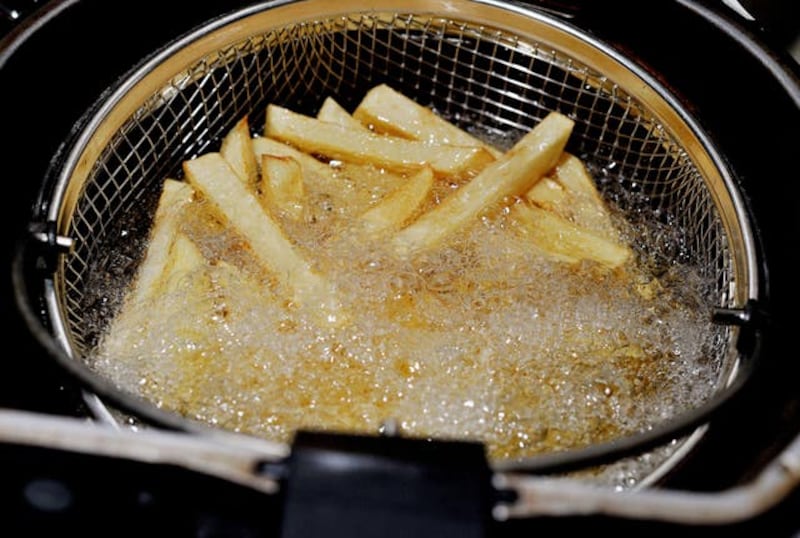
According to the researchers, brine and oleic acid from cooking oil contributes approximately 10% to the fine particulate matter in London.
Study co-author Dr Adam Squires, from the University of Bath, added: “We know that the complex structures we saw are formed by similar fatty acid molecules like soap in water.
“There, they dramatically affect whether the mixture is cloudy or transparent, solid or liquid, and how much it absorbs moisture from the atmosphere in a lab.
“The idea that this may also be happening in the air above our heads is exciting, and raises challenges in understanding what these cooking fats are really doing to the world around us.”
The research is published in Nature Communications
